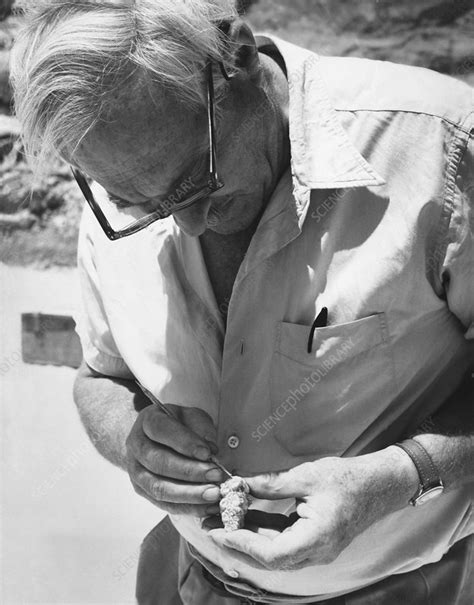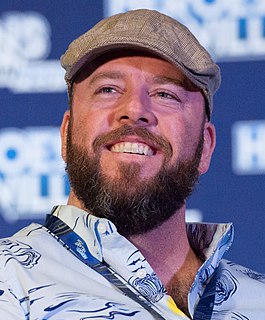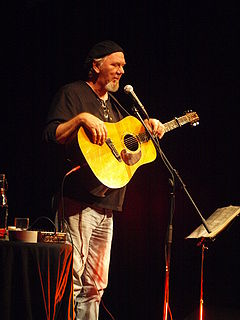A Quote by David Attenborough
I don't think we are going to become extinct. We're very clever and extremely resourceful - and we will find ways of preserving ourselves, of that I'm sure. But whether our lives will be as rich as they are now is another question.
Related Quotes
As all of our lives become digital, the logic of encryption is all of our lives will be covered by strong encryption, and therefore all of our lives - including the lives of criminals and terrorists and spies - will be in a place that is utterly unavailable to court-ordered process. And that, I think, to a democracy should be very, very concerning.
Then from the world all spirituality will be extinct, all moral perfection will be extinct, all sweet-souled sympathy for religion will be extinct, all ideality will be extinct; and in its place will reign the duality of lust and luxury as the male and female deities, with money as its priest, fraud, force, and competition its ceremonies, and the human soul its sacrifice. Such a thing can never be.
Humans will eventually become extinct. People treat that as a radical thing to say. But the fossil record shows us that everything eventually becomes extinct. It depends what "eventually" means. But the idea that were going to be around for the rest of global history...I don't think there's any scientist who would suggest that is true. It could be millions of years from now. We may leave descendants that are humanlike.
The question now at issue, whether the living species are connected with the extinct by a common bond of descent, will best be cleared up by devoting ourselves to the study of the actual state of the living world, and to those monuments of the past in which the relics of the animate creation of former ages are best preserved and least mutilated by the hand of time.
We are all vulnerable, and we will all, at some point in our lives... fall. We will all fall. We must carry this in our hearts... that what we have is special. That it can be taken from us, and when it is taken from us, we will be tested. We will be tested to our very souls. We will now all be tested. It is these times, it is this pain, that allows us to look inside ourselves.
If we start worrying whether our nose is too big or too small, we should think, “What if I had no head? - now that would be a problem!” As long as we have life, we should rejoice. If everything doesn't go exactly as we'd like, we can accept it. If we contemplate impermanence deeply, patience and compassion will arise. We will hold less to the apparent truth of our experience, and the mind will become more flexible. Realizing that one day this body will be buried or burned, we will rejoice in every moment we have rather than make ourselves or others unhappy.
I just don't feel like I've seen very many movies about 17-year-old girls where the question is not, 'Will she find the right guy' or 'Will he find her?' The question should be, 'Is she going to occupy her personhood?' Because I think we're very unused to seeing female characters, particularly young female characters, as people.
The question we need to ask ourselves is whether there is any place we can stand in ourselves where we can look at all that's happening around us without freaking out, where we can be quiet enough to hear our predicament, and where we can begin to find ways of acting that are at least not contributing to further destabilization.
Because of my experience in Occupy, instead of asking the question, "Who will benefit from this system I'm implementing with the data?" I started to ask the question, "What will happen to the most vulnerable?" Or "Who is going to lose under this system? How will this affect the worst-off person?" Which is a very different question from "How does this improve certain people's lives?"
When we choose to be parents, we accept another human being as part of ourselves, and a large part of our emotional selves will stay with that person as long as we live. From that time on, there will be another person on this earth whose orbit around us will affect us as surely as the moon affects the tides, and affect us in some ways more deeply than anyone else can. Our children are extensions of ourselves.

































